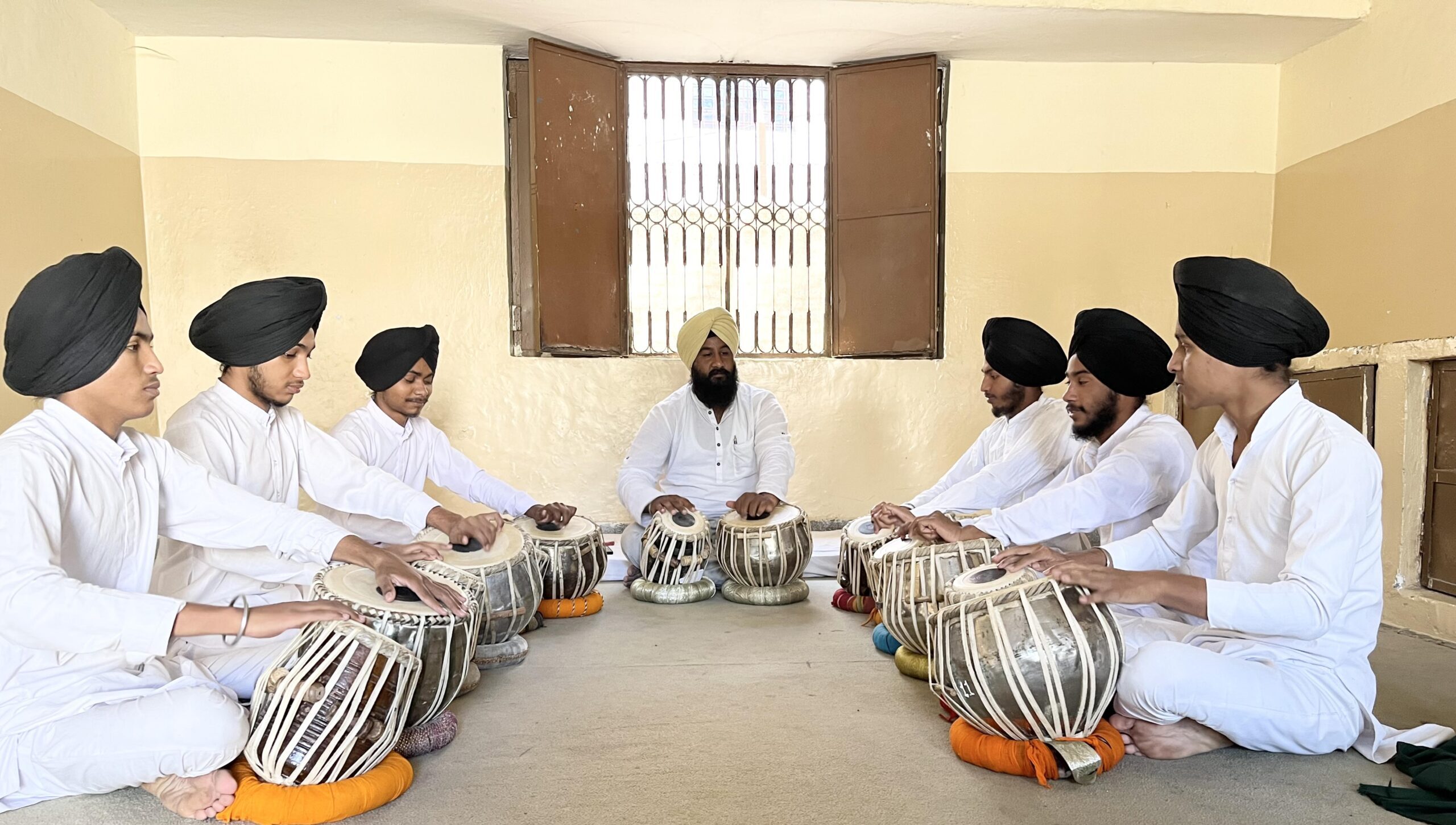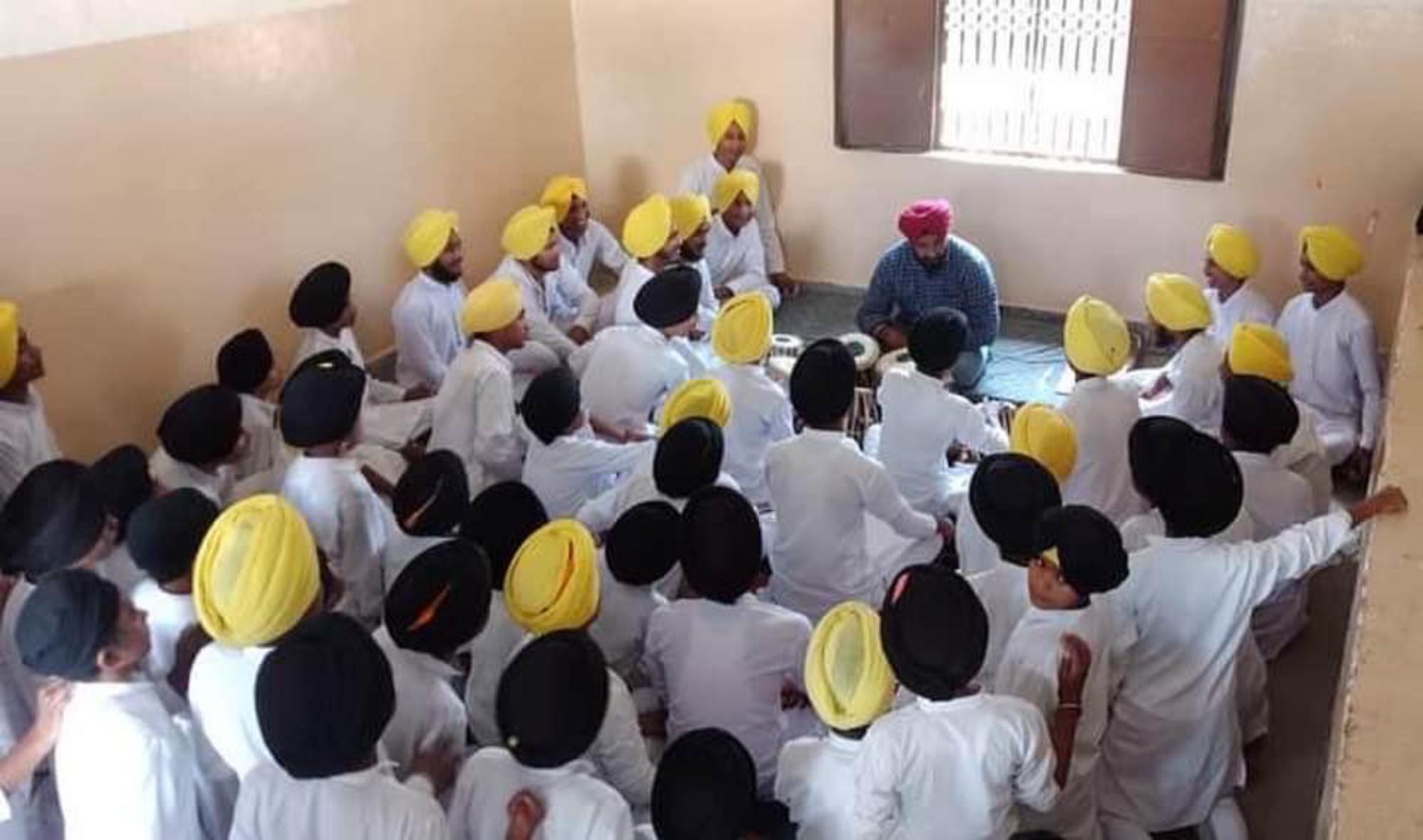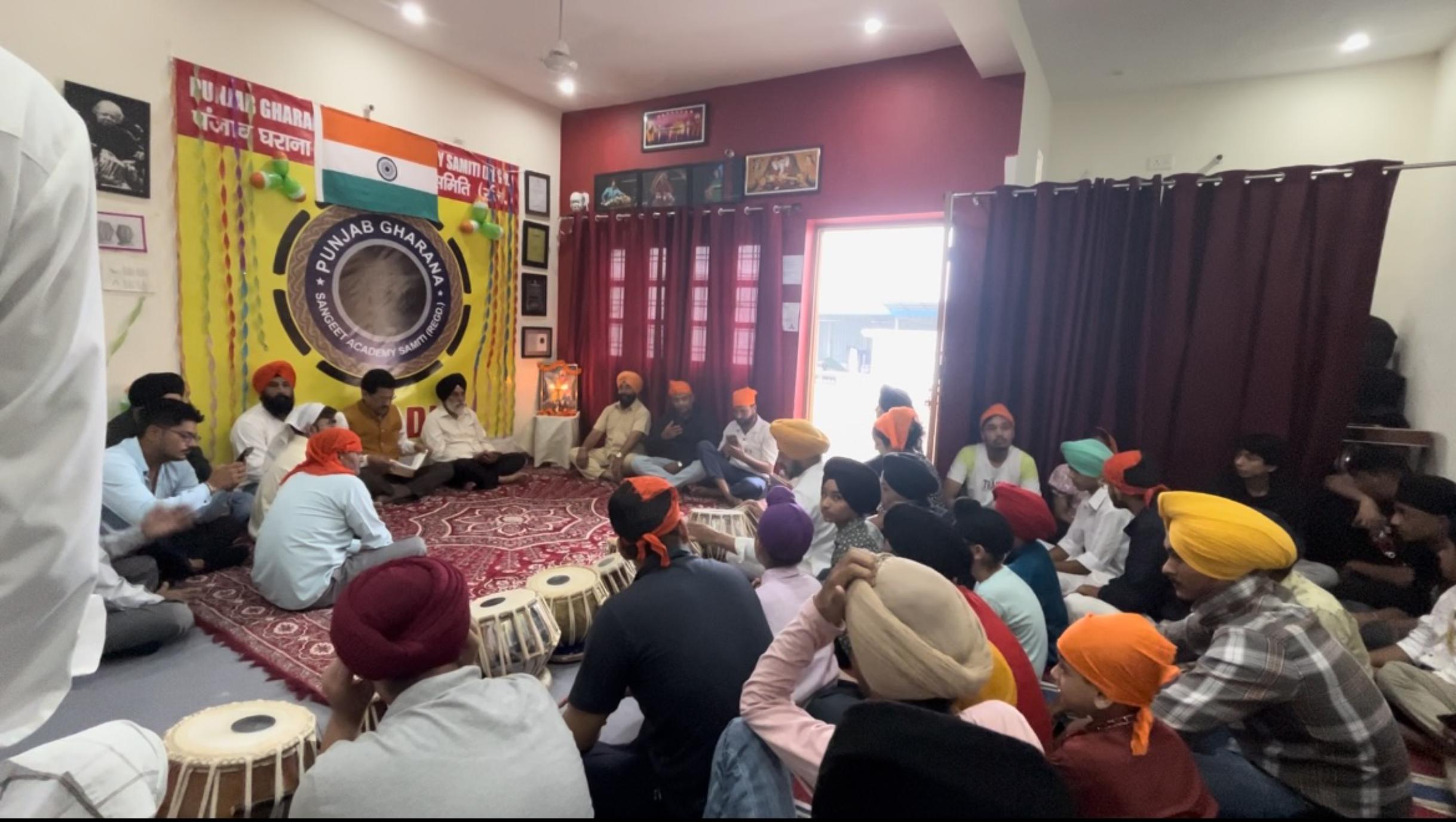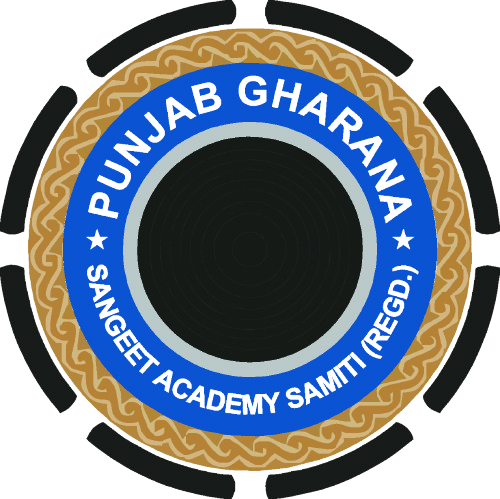Free Education to Needy Students
Free education for needy students
The academy is providing free music and school education to needy children so that all those students can build a successful future for themselves and their families.
You can provide scholarships or serve needy students through the academy.
You will receive blessings from needy children and their families.
May God bless the families of those who helped.
Your little help can improve the future of children.
—Join Tabla classes —
Classes

About TABLA
Tabla is a traditional percussion instrument belonging to the North Indian heritage. It is a part of North Indian classical music and has significant importance. It is an instrument that can be played individually as in solo performances and also it is capable to accompany different genres of music. As an instrument of the Indian heritage, it has great importance in accompanying vocals and other types of instruments.
This 2-year course covers basic tabla techniques, solo compositions, and accompaniment patterns in Teentaal, Jhap Taal, Ektaal, Rupak Taal, Kehrwa Taal, and Dadra Taal. By the end, students will be able to perform 10 Kaidas in Teentaal, 2 Kaidas in Jhap Taal, and play basic accompaniment patterns in the other taals.
In this 2-year course, students advance their tabla skills, learning intermediate solo compositions and accompaniment techniques for various performances. The course covers patterns in Teentaal, Jhap Taal, Ektaal, Rupak, Kehrwa, and Dadra Taal. By the end, students will be able to play five Kaidas and a Peshakara in Teentaal, four Kaidas in Jhap Taal and Ektaal, and perform thekas, duguns, laggis, and tihais in Kehrwa, Rupak, and Dadra Taal. They will also gain confidence in providing accompaniment for vocals and other music.
The advanced course, lasting at least three years, focuses on mastering sophisticated tabla techniques for diverse performances. Students will learn advanced solo material and improvisation skills for both tabla solos and accompaniment. The curriculum expands beyond core taals like Teentaal, Jhap Taal, Ektaal, Rupak, Kehrwa, and Dadra, to include more complex taals such as Deepchandi and Matt Taal. By the end of the course, students will be able to improvise in Kehrwa, Rupak, and Dadra, and perform advanced Kaidas, Peshkars, Tukdas, and Relas in multiple taals. They will also be equipped to accompany vocals and instrumental performances with confidence.
Vocal
Hindustani vocal music is the classical singing tradition of North India, encompassing a variety of sub-genres such as Dhrupad, Khayal, Thumri, Dadra, Ghazals, Sufi, Bhajan, Bhakti Sangeet, and Gurmat Sangeet.
This 2-year course is designed for beginners of all ages, starting from age 3, with no prior experience required. It covers basic pitch recognition, Sargams in Bilawal, and Chhota Khayal in Raags such as Bhairav. By the end of the course, students will be able to sing movie soundtracks, bhajans, and Chhota Khayal compositions with tabla or karaoke accompaniment.
This 2-year course covers the Raags of Bharavi, Kalyan, Khamaj, and Kafi That, with a focus on Chhota Khayals, Thumris, Ghazals, and film songs. Students will also gain a basic understanding of Hindustani music’s taals. By the end of the course, students will be confident in performing live on stage.
In this 2-year course, students deepen their understanding of Hindustani classical music, focusing on advanced Raags, Chhota Khayals, Thumris, Ghazals, and film songs. The curriculum also includes a more advanced study of taals. By the end of the course, students will be well-prepared to perform confidently on stage.


Other Instruments
- Sarod
- Rabab
- Saranda
- Sitar
- Congo
- Key board
- Dilruba
- Violin
- Taus
Our rhythm school offers a wide range of percussion and non-percussion instruments, including tabla, harmonium, sitar, dilruba, taus, israj, and sarangi. For more information about any specific instrument, please feel free to contact us.
At Punjabi Gharanas, we offer training in a variety of percussion and non-percussion instruments, including tabla, harmonium, sitar, dilruba, taus, israj, and sarangi. For more information on any specific instrument, please contact us.
Punjabi Gharanas offers expert training in a range of percussion and non-percussion instruments, including tabla, harmonium, sitar, dilruba, taus, israj, and sarangi. For more details about a specific instrument, please contact us.
About Tabla Course
This course introduces students to the traditional and systematic approach to learning tabla, focusing on taal, compositions, and music theory. Students will learn key tabla elements, such as Theka, Kaida, Rela, Mukhda, Tukda, and Lagi, through detailed explanations, theory, and practical exercises.
- Playing Tabla Bol in different combinations.
- Explaining the theory and practice of tabla.
- Practicing various exercises and taal-khali rhythms.
- All the rhythms of the tabla are played by Kaida, Rela, Mukhda, Tukda, Lagi.
- Tuning the tabla.

